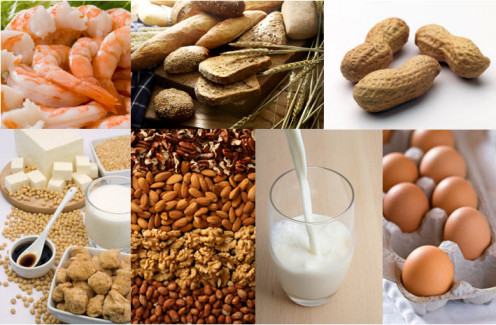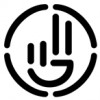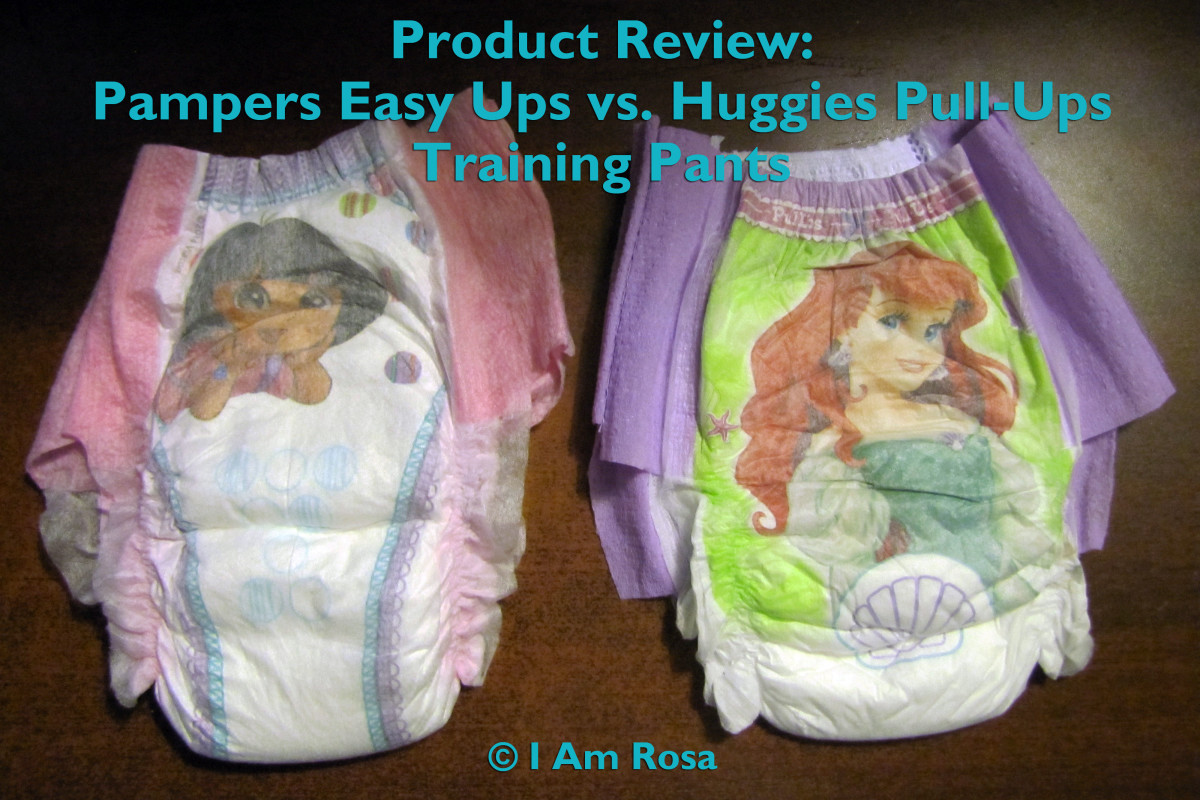15 Foods Your Child Should Avoid Until Age 12 Months or Older

Helpful feeding utensils:
Watching your baby change and grow is so exciting--everything is new to her, and you want to show her all the wonderful things the world has to offer. You may be tempted to share some of your food with her, but you may be putting her at risk for developing allergies or choking hazards. Here is a list of 15 foods to avoid giving your baby until she is older than 1 year.
If you do decide to give your child any of these foods, try them one at a time, a few days apart to watch for allergic reactions such as hives, swelling, redness, difficulty breathing, or difficulty swallowing.
Choking is the biggest hazard; make sure you understand the signs of choking and how to help if it happens.
Read more here: How to Help a Choking Infant
1. Peanut Butter
Peanuts and other nuts are common allergens and the reaction ranges in severity, but can be life threatening. While the American Academy of Pediatrics has changed its position on waiting until a year old, it still may good idea to introduce these foods very slowly so you can be sure to isolate any allergic reactions. Peanut butter is very thick and sticky which can easily choke a small child. Nuts can become lodged in the small throat of a child.
2. Honey or Corn Syrup
Honey itself isn't usually an allergen, but it can contain spores of Clostridium botulinum,
a rod-shaped bacterium that can cause botulism in babies. Adults digestive systems are able to safely handle these spores, but babies cannot. Botulism is a serious infection that will show within 8-36 hours of consumption of contaminated food.
DO NOT GIVE YOUR BABY HONEY OR CORN SYRUP.
3. Strawberries, Blackberries, and Raspberries
Berries are not high on the list of allergens, but they do pose a choking risk with their small, slippery shapes. These berries also contain seeds that may be hard for your baby to digest, causing pain, gas, or diarrhea. Many strawberries are treated with high levels of pesticides, so organic varieties are a better choice.
There is a very common allergy to strawberries, so use caution if there is a family history.
If you do decide to give your baby these berries, make sure they are thoroughly washed. Puree the fruits with a baby food processor or conventional food processor. If you don't puree, at least cut berries into small, manageable pieces.
4. Citrus Fruits
Citrus fruits don't pose a great allergen risk either, but the acidic juices are very hard on a baby's stomach and digestive system. This can lead to diarrhea and a sore bottom. Diaper rash may start to show after consuming too much acidic fruits. A small bit of lemon juice in a baby puree is fine, but avoid large amounts of lemons, oranges, grapefruits, or tomatoes until you know your child's body can process the acids.
5. Corn
Corn can cause allergies, and it also poses a choking hazard. If there is a family history of a corn allergy, you may want to wait even longer than a year. If you do decide to give your baby corn, try creamed corn as the kernels are broken into small pieces. This will make it easier for your baby to swallow and digest it.
6. Cow's Milk
Cow's milk is very hard for babies to digest, so the primary milk source should be breastmilk or formula. Cow's milk does not contain the right amount of vitamins and nutrients, and it can cause strain on the kidneys because of the high amounts of protein. There are also several allergens such as the lactose and some of the proteins in the milk. Whole-milk yogurt is safe for babies, and cow's milk will be an important cornerstone of your child's diet once she is old enough to adequately digest it.
7. Chocolate
Chocolate and other candy is not needed in your child's diet. Growing babies need all of the healthy vitamins and nutrients found in fruits, vegetables, breastmilk, and formula. Chocolate just provides empty calories that could have been replaced with a better alternative for her health. What was once believed to be an allergy, chocolate isn't the factor, but if there are other common allergens like milk, tree nuts, or soy in the product, those can cause a reaction.
8. Wheat
Wheat, oats, and barley can cause an allergic reaction. Giving your child wheat or grain products before 12 months of age can lead to coeliac disease. This condition causes the body to attack the gluten like it is a virus, which can cause inflammation in the stomach and intestines.
9. Egg Whites
Eggs are one of the leading causes of allergic reactions in children. The allergen is typically found in proteins in the egg whites. If you want to introduce eggs to your child's diet, start with just the yolk. Hard boil the egg so you can be sure to remove all traces of the whites, mash the yolk with a fork, mix with a little breast milk or formula, and try spoon feeding it to your baby. As the child gets older, try giving her the whole egg, but watch for allergic reactions. You should also exercise caution if there is a family history of egg allergies.
10. Shellfish
Shellfish and other seafood is a risk because of the allergy factor, but also the high mercury content. Allergic reactions are more common in adults than children, but the risk is still there. Offer small amounts of fish to you baby, and slowly incorporate other shellfish and seafood as she gets older. Good starter foods would be tuna, shrimp, salmon or catfish.
11. Grapes
Grapes can easily choke a small child because they are the same size as the windpipe and are very slippery. Grapes can easily become lodged in a child's throat if it gets swallowed before being chewed up. Grapes should be cut into small pieces when being fed to a child older than 1 year.
12. Hot Dogs
Hot dogs are a choking hazard. The size and shape of a bite of a hot dog makes the perfect size piece to get lodged in the windpipe of a small child. Many children choke on hot dogs because they do not chew it up enough or they are running, playing or moving while they're eating--for example, children playing at a backyard cookout or cheering on a sports team at an event. Watch your child closely, cut the hot dog up into small pieces, and make sure they are seated while eating to reduce the choking risk.
13. Salty snacks
Children under a year old do not need chips, pretzels, popcorn or crackers. These products contain lots of salt that their bodies do not need. These snacks also take up calories and volume that could have been used at meal times for more nutritious options like fruits, veggies, or milk.
Popcorn and other small snacks also pose a choking hazard.
14. Sugary drinks
Do not feed your child soda, coffee, tea, or other sweet drinks. They do not need the extra sugar, empty calories, or even worse--the caffeine. Your child should only be drinking breastmilk, formula, water, or diluted baby juice.
15. Large Amounts of Juice
An ounce of diluted baby juice is fine for babies 6 months and older, but larger amounts start to take up feed volume that should have been used for milk or other nutritious options. Too much juice can also lead to diarrhea, gas, and stomach pain.
Older babies should receive juice only in a cup. Do not let your baby fall asleep with a bottle of juice or milk, as this can lead to tooth decay.




